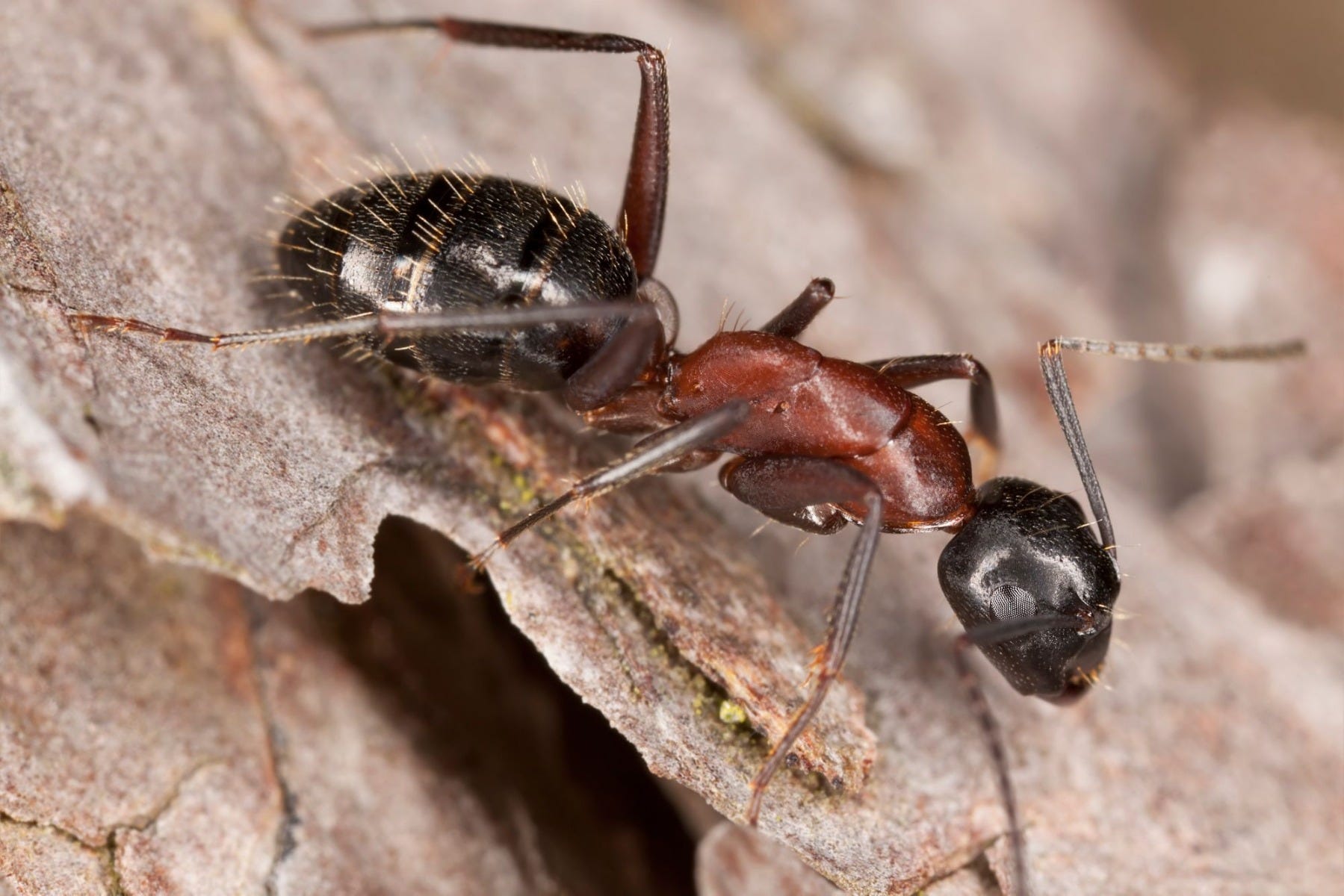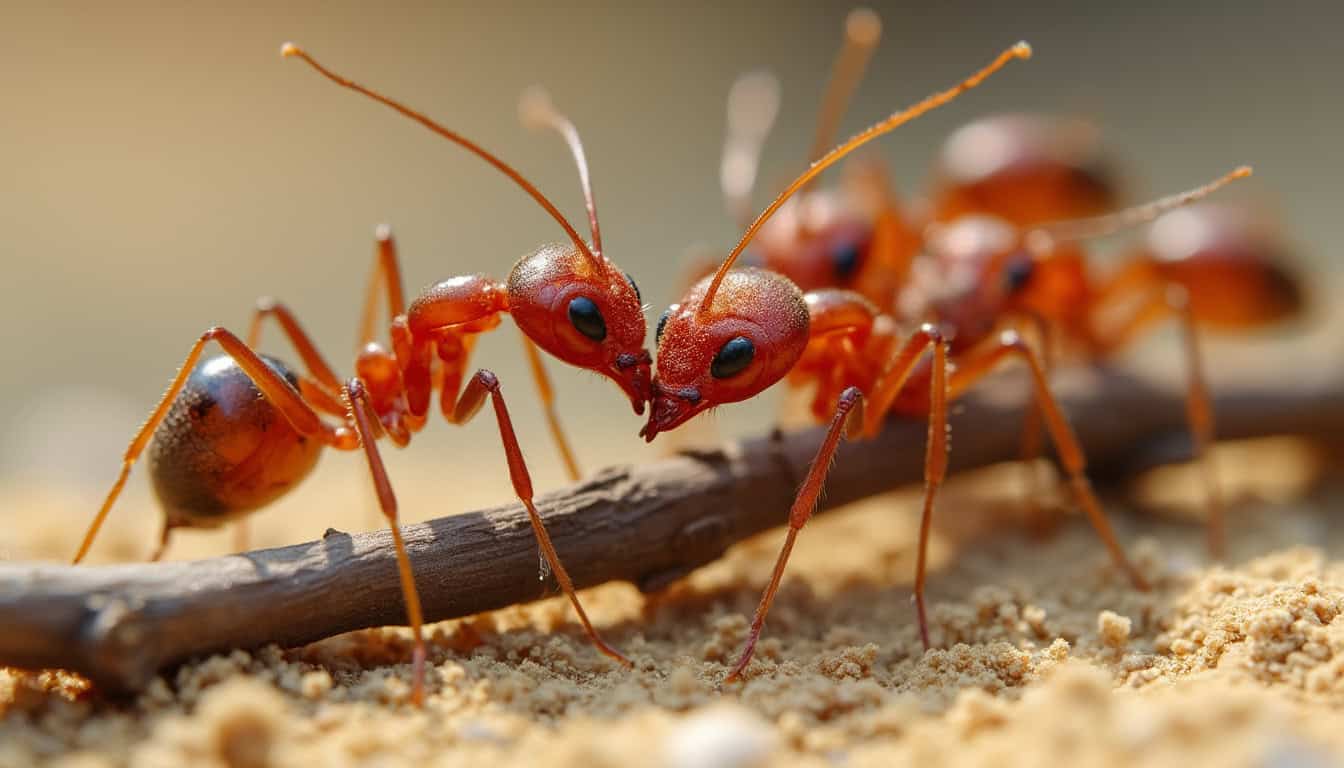Professional Termite Control Services: Safeguard Your Home from Termite Damages
Professional Termite Control Services: Safeguard Your Home from Termite Damages
Blog Article
Environmental Effect of Bug Control: Balancing Effectiveness With Sustainability
The ecological impact of insect control is an important problem that calls for a delicate balance between attaining performance in making sure and handling parasites sustainability of our ecosystems. From the use of damaging chemicals that leak right into our dirt and water to the unexpected consequences on non-target species, the consequences of standard pest control methods are far-ranging.
Dangerous Chemicals in Pest Control
The utilization of harmful chemicals in pest control presents significant environmental and health dangers that warrant cautious consideration and mitigation techniques. Herbicides, chemicals, and pesticides are typically made use of to remove parasites, yet their widespread application can result in unplanned repercussions. These chemicals can infect soil, water sources, and the air, affecting not just the targeted bugs however also helpful pests, wildlife, and people.

To deal with these threats, incorporated pest management (IPM) methods are being advertised as an extra sustainable choice. IPM entails a mix of approaches such as organic control, environment manipulation, and the targeted use chemicals as a last hotel (ant control salisbury nc). By embracing an all natural technique to pest control, we can reduce the environmental and health and wellness effects associated with hazardous chemicals while effectively taking care of pest populations
Influence On Non-Target Types
Considering the unintended repercussions of insect control approaches, the effect on non-target species is a critical facet that requires thorough analysis. While insect control actions aim to target details bugs, other organisms in the ecosystem might be inadvertently affected. Non-target varieties, including valuable pests, birds, animals, and also plants, can suffer indirect or straight damage from chemical applications or organic control techniques.
Chemicals can have deadly or sub-lethal results on non-target types. Insecticides developed to battle a certain insect parasite may harm pollinators like bees or all-natural predators such as ladybugs. Additionally, chemical residues can gather in the environment, impacting non-target microorganisms with time. In a similar way, organic control agents, if not species-specific, can position dangers to unintended targets, interrupting the eco-friendly equilibrium.
To minimize the influence on non-target types, integrated insect administration (IPM) techniques that emphasize a holistic technique to pest control are suggested. These techniques prioritize making use of ecologically friendly practices, lessening injury to useful organisms while effectively managing pest populaces. Performing detailed danger evaluations and keeping an eye on the outcomes of bug control initiatives are vital steps in safeguarding non-target varieties and promoting overall community health and wellness.
Soil and Water Contamination
Unintended ecological repercussions of pest control approaches extend past affecting non-target species, with considerable implications for dirt and water contamination. Chemicals, herbicides, and chemical fertilizers used in bug control can leach right into the soil and pollute groundwater, presenting a risk to both aquatic and earthbound communities. Dirt contamination can interrupt the balance of microbes necessary for nutrient biking and plant development, leading to lowered soil fertility and efficiency. These chemicals can linger in the environment for extensive durations, collecting in the dirt and potentially going into the food chain.
Water contamination is an additional vital concern connected with insect control methods. To alleviate soil and water contamination from pest control tasks, incorporated bug management approaches that focus on sustainability and reduce chemical inputs are essential.
Air Contamination From Pesticide Usage
Direct exposure to air-borne pesticides throughout agricultural applications postures a considerable problem for air pollution control procedures. Additionally, pesticide drift, where chemicals are brought by the wind to unplanned areas, can lead to the contamination of nearby environments and water bodies.

Approaches for Sustainable Bug Control
In the world of agricultural methods, applying lasting parasite control strategies is vital for keeping ecological balance and protecting crop yields. Sustainable bug control highlights using eco pleasant methods to manage parasite populaces effectively while reducing injury to non-target microorganisms and communities. Integrated Insect Administration (IPM) is a commonly embraced method that incorporates biological, cultural, physical, and chemical control methods to achieve long-term pest management solutions.
One key strategy in lasting parasite control is advertising biodiversity within agroecosystems. By improving natural opponents of insects, such as predators and parasitoids, farmers can reduce the demand for artificial pesticides. Crop turning and diversity are additionally efficient techniques to disrupt pest life process and produce less beneficial problems for parasites to prosper. In addition, making use of pest-resistant plant ranges and employing strategies like catch chopping can help in reducing parasite pressure without relying greatly on chemical treatments. Eventually, by integrating these lasting insect control strategies, farmers can attain a balance in between pest monitoring performance and environmental stewardship.
Final Thought
In conclusion, the environmental effect of pest control approaches must be very carefully thought about to balance performance with sustainability. Dangerous chemicals used in parasite control can cause dirt and water contamination, air pollution, and damage non-target varieties - ant control wesley chapel nc ant control. It is crucial to apply sustainable pest control methods to lessen these negative impacts on the atmosphere and advertise a much healthier community for future generations
By adopting an alternative approach to pest control, we can lessen the environmental and health and wellness influences associated with hazardous chemicals while efficiently managing pest populaces.

To reduce the air contamination created by chemical use, it is vital to adopt incorporated insect management techniques that prioritize the use of non-chemical parasite control techniques, such as plant rotation, all-natural killers, and immune plant ranges. Sustainable insect control highlights the usage of eco pleasant methods to handle bug populations successfully while minimizing harm to non-target microorganisms and ecological communities. Integrated Pest Management (IPM) is a widely embraced technique that integrates biological, cultural, physical, and chemical control methods to accomplish long-term parasite management solutions.
Report this page